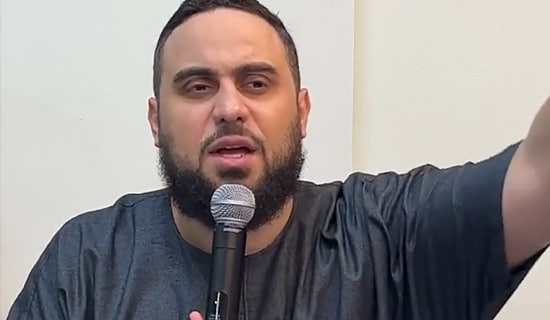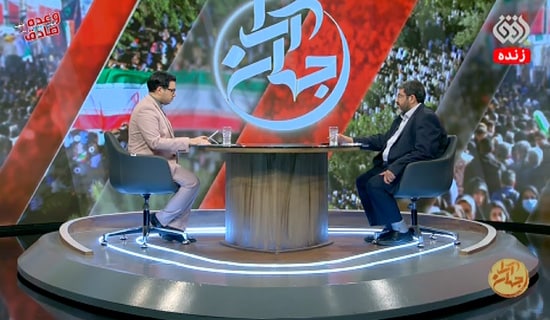
Following are excerpts from an interview with Egyptian philosopher Murad Wahba, which aired on ON TV on June 22, 2009:
Interviewer: Do you still believe in dialogue?
Murad Wahba: Yes, I still do, and I will tell you why. First of all, an everlasting war is unprecedented in the history of mankind. Therefore, war must be stopped, and peace must begin. Peace can only be realized through negotiations, and negotiations necessitate concessions. In other words, if you embark on negotiations, feeling that the absolute truth is on your side, these negotiations will inevitably fail. Concessions spell a change in mentality – instead of thinking in absolute terms, you must think in relative terms, in order to achieve peace. As long as there are people who believe the absolute truth is on their side – the fundamentalists in both the Jewish and Palestinian camps – we will remain in a state of war. As an intellectual, it is my obligation to try to change the mentality, in order to begin the peace process. Therefore, I cannot despair of making peace. This would run counter to the history of mankind.
[...]
We signed a peace accord with Israel. In this peace accord, there is an article obliging both sides to establish normal relations in economics, in politics, and in culture. Commitment to this peace accord means commitment to cultural normalization.
[...]
The illusion of the intellectuals that there is an option of rejecting cultural normalization contradicts the peace accord. Secondly, today, with globalization – which means the death of distance, both in terms of time and space – you cannot remain culturally isolated. Moreover, cultures intermingle, whether you like it or not. Some people say that the Jews isolate themselves. That's not true. The scientific and technological revolution – and this is very important – started at the beginning of the 20th century. That is when studies into nuclear physics began to appear. This led to the nuclear bomb. It led to the use of nuclear energy both for war and for peaceful purposes. What happened to the people who led the scientific and technological revolution at the beginning of the 20th century? They were only 10-12 people, most of whom were Jews, and they conducted research. It got to the point that nuclear physics was labeled Jewish physics. In 1933, Hitler banished these people from Germany, and they went to America, which embraced them. Thus, the U.S. embraced the scientific and technological revolution in the field of nuclear physics.
[...]
Preventing cultural normalization is tantamount to preventing involvement in the global technological revolution, which Jews initiated and in which they played an active role. This is dangerous because it drives you to isolation and backwardness, and the proof is that the Egyptian universities are no longer academically competitive.
[...]
If you implement democracy in the framework of backwardness, it becomes a catastrophe. It gives rise to people with the absolute truth on their side, as has happened in the past, and I will stop here.
Interviewer: No, I would like an explanation.
Murad Wahba: You would?
Interviewer: In brief.
Murad Wahba: If you place no restrictions on the elections, the Muslim Brotherhood and other Muslim groups will have a landslide victory, under the pretext of democracy. Do you want that? Do you want to repeat what happened in Gaza?
[...]
Interviewer: You have said that the term "secularism" is taboo among the Arabs.
Murad Wahba: Any person who says he is secular – they either slaughter him or accuse him of apostasy. This happened to Sheik 'Ali Abd Al-Razeq in 1925, to Taha Hussein in 1926, to Naguib Mahfouz, and to Farag Fouda, who they killed. Nevertheless, I feel secularism is a cultural necessity. I call for secularism now, and we have held four conferences about it, which were peaceful, except for some minor threats.
Interviewer: You recently said that fundamentalism has led Egypt to sterility.
Murad Wahba: The most important thing in fundamentalism is adherence to the literal religious text, rather than using the mind [to interpret] the text. In other words, it paralyzes the mind. The fundamentalists lead the paralyzing of the mind, which means the paralyzing of creativity and of thought, which leads to backwardness.













